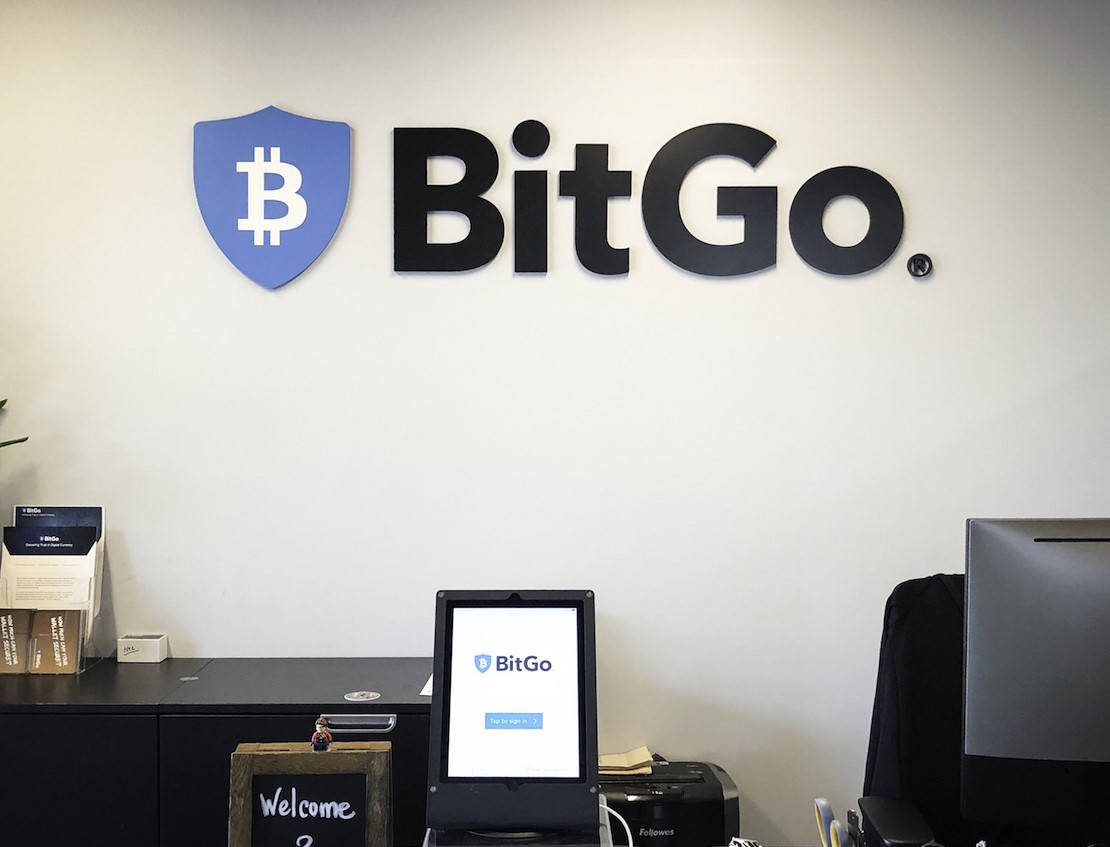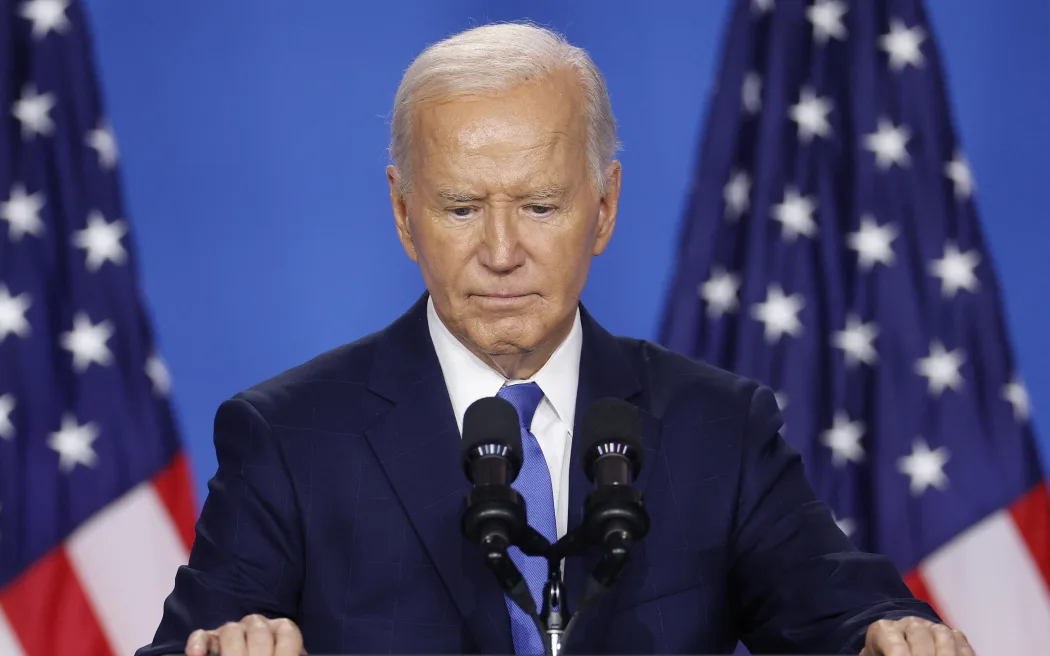Nigeria’s crypto regulations continue to limit services as OKX exchange has decided to end services in the country following new regulatory issues.
OKX, a renowned cryptocurrency exchange, purportedly discontinues its services for Nigerian users. According to a spokesperson, the corporation has decided to exit the country on August 30, citing regulatory issues.
The notice asserts that OKX is committed to adhering to all applicable regulations in each country where it provides services. The spokesperson elaborates:
“Due to local laws and regulations, we notified local customers that we would no longer offer services to customers in Nigeria from August 30.”
After the specified date, Nigerian OKX users will be unable to access their accounts. Despite suspending this service, the organization guarantees that users’ funds will remain secure. OKX has advised residents to withdraw or transfer their funds before this deadline, as any remaining funds may be subject to additional restrictions by its Terms of Service.
This action is in response to the government’s heightened regulatory surveillance, which resulted in OKX’s suspension of withdrawal services for the Nigerian Naira in May. According to prior reports, Nigerian OKX users do not need help accessing services, creating new accounts, or opening new positions on the exchange beginning August 16.
Regulating Cryptocurrency Exchanges
Financial Virtual Asset Service Providers (VASPs), including wallet providers and crypto exchanges, must adhere to stringent regulations in Nigeria. This encompasses the acquisition of a license from the Securities and Exchange Commission (SEC), registration with the Corporate Affairs Commission (CAC), and maintenance of a minimum paid-up capital of $553,000.
Additionally, exchanges are required to report uncertain transactions, gather cryptocurrency business owners’ bank verification numbers (BVN), and verify user identities through Know Your Customer (KYC) processes.
EXCHANGES are also required to establish a physical presence in Nigeria and guarantee the security of user data, reporting any breaches promptly. Noncompliance with these regulations may result in severe repercussions, including the revocation of registration, hefty penalties, or a complete prohibition of operations.
Leaving Nigeria
Other significant participants in the crypto industry have already been affected by Nigeria’s stringent regulatory framework. For example, in March, Binance discontinued its support for the Nigerian Naira. In Nigeria, the exchange has encountered legal obstacles, such as allegations of tax evasion and money laundering. Even though the tax charges were ultimately dismissed, the detention of Binance executives exacerbated the situation.
Upon their arrival in Nigeria in February, Tigran Gambaryan, Binance’s chief of financial crime compliance, and Nadeem Anjarwalla, a Binance regional executive, were apprehended. Gambaryan remained in detention, while Anjarwalla was able to evade arrest. Malaria and pneumonia are purportedly the causes of the latter’s deteriorating health.
KuCoin also discontinued its Peer-to-Peer (P2P) services in the country in May to “prioritize compliance efforts and establish a stronger, more secure environment for all users.”



